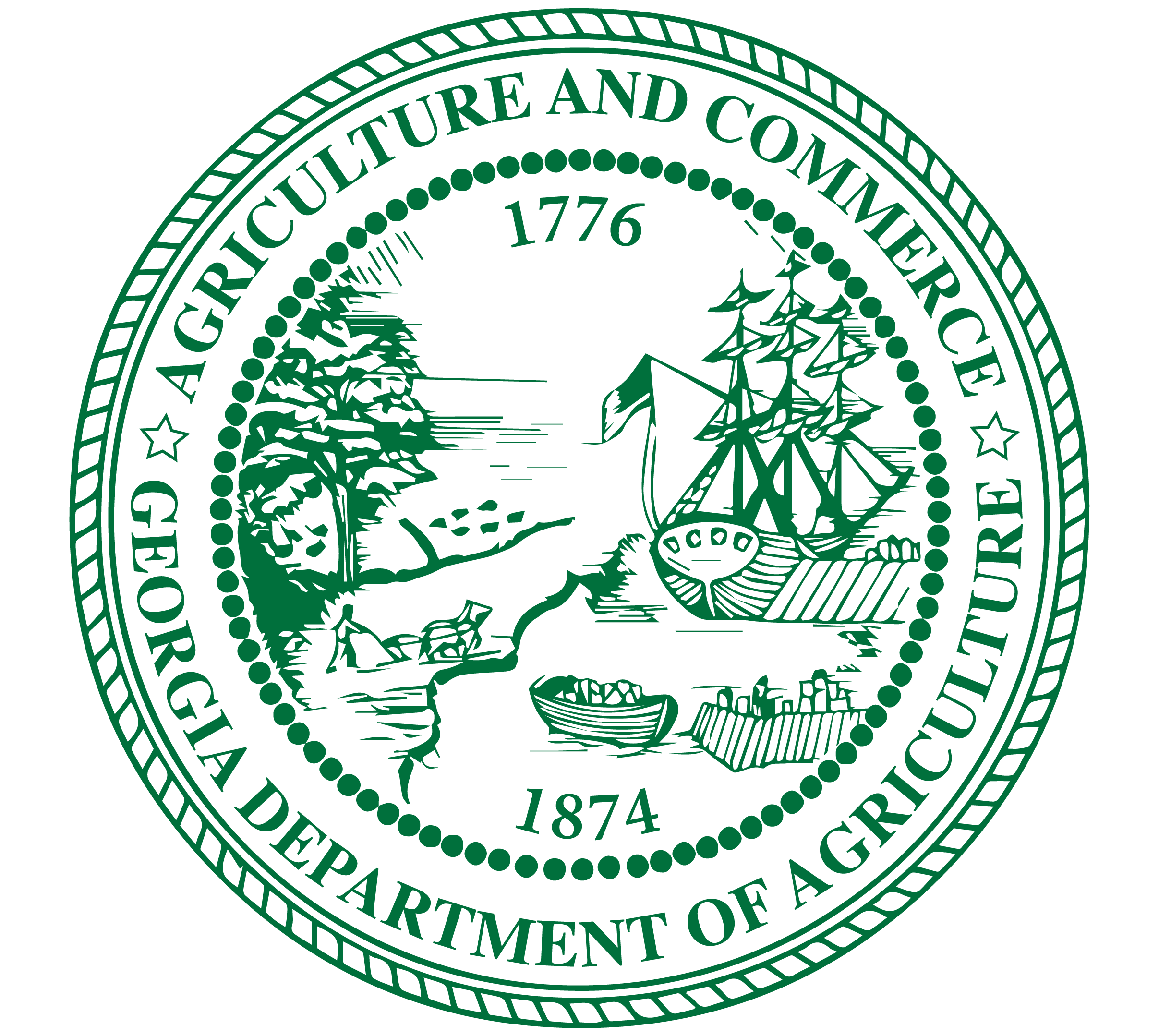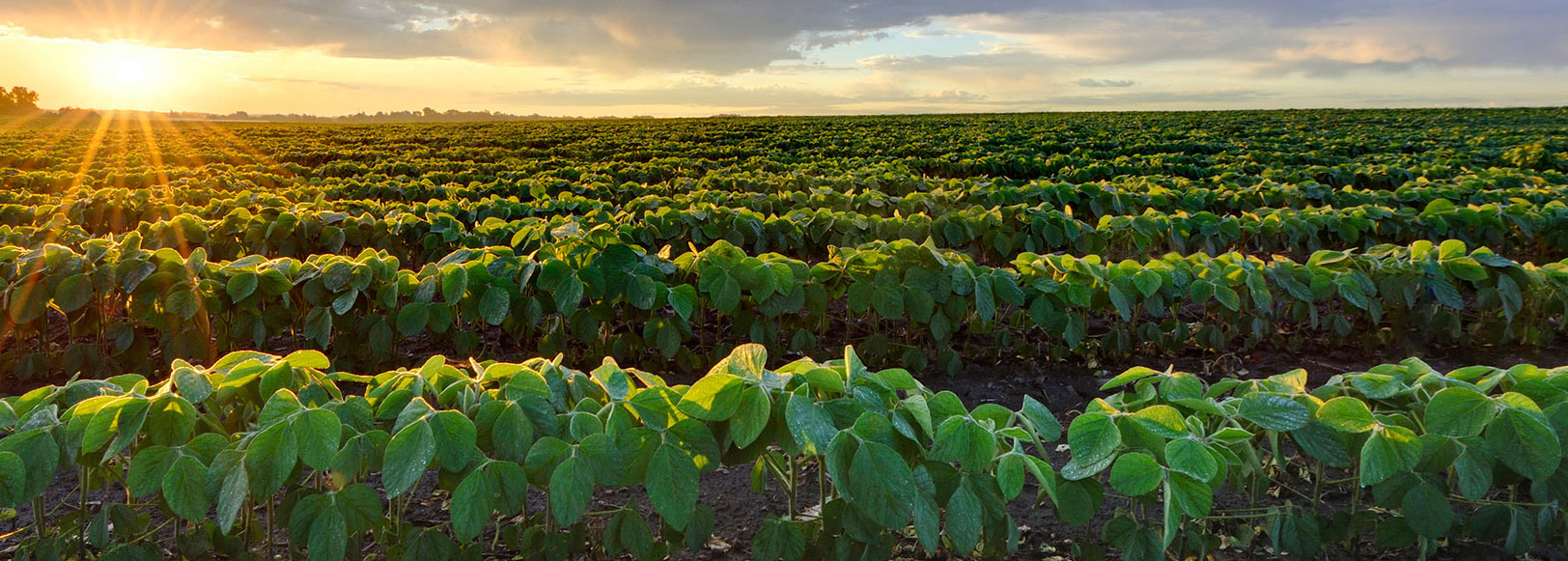By Jay Jones

Legislative bills strengthening regulations on retail consumable hemp products and restricting foreign ownership of farmland were among the agricultural-related legislation that passed during the Georgia General Assembly session that ended on March 29.
Bills that passed both House and Senate chambers now proceed to Georgia Gov. Brian Kemp. Before a bill becomes law, it must undergo review by Kemp within 40 days after the General Session convenes. This year, the period ends on May 7. As governor, Kemp may take three actions on a bill: sign, veto, or no action. If he signs or takes no action on a bill, it will become law. Kemp can prevent a bill from becoming law by exercising his veto power.
Senate Bill 420 would prohibit the foreign acquisition of farmland by nonresident agents, businesses domiciled in, or governments of a nation deemed a foreign adversary by the federal government.
Georgia Agriculture Commissioner Tyler Harper touted the bill to improve food security. The bill was introduced last year following concerns about Chinese-based companies purchasing farmland in 2022 near the Grand Forks U.S. Air Force Base in North Dakota and large amounts of farmland in Texas.
Georgia’s bill would restrict property ownership of those connected to countries designated by the U.S. Department of Commerce as foreign adversaries. The list includes China, Cuba, Iran, North Korea and Russia.
SB 494 establishes a regulatory framework and other rules and requirements for businesses that sell or manufacture consumable hemp products, as long as the final product has less than 0.3 percent Delta-9-THC, the cannabinoid best known to produce a psychoactive effect.
The bill would also make it illegal to sell consumable hemp products to anyone under 21 years of age or for anyone under 21 years to purchase or possess any such hemp products.
Another part of SB 494 would require retailers and wholesalers to obtain a retail consumable hemp establishment license or a wholesale consumable hemp license, both granted by the Georgia Department of Agriculture.
Harper and his team saw the issue last year as a possible danger to public health due to the uncertainty of the content of retail consumable hemp products, especially from outside of Georgia. Harper supported SB 494 and said the bill provides “guard rails” to help stop unregulated products from being sold to the public.
News reports of two children being sent to the hospital after eating Delta 8-infused candy during the General Assembly session strengthened the call for the bill’s passage. Delta 8 is another cannabinoid from hemp which is legal and produces a mild euphoric high.
Other Ag-related bills passed by the Georgia General Assembly and heading to the governor’s desk:
- SB 340 would make diesel exhaust fluid, DEF, an eligible purchase under the Georgia Agricultural Tax Exemption (GATE) program.
- HB 1223 would amend the Georgia Soil Amendment Act of 1976 to prohibit the application of soil amendments to a site currently subject to a consent order issued by the Georgia Environmental Protection Division or an existing enforcement action of EPD.
- HB 827 would increase penalties for cattle theft and authorizes agents of the Department of Agriculture to enforce laws within the jurisdiction of the Commissioner as provided by Title 16, which is Georgia’s criminal code.
- HB 1172 would provide legislative findings relative to the public’s right to use navigable streams and their beds for hunting and fishing while explicitly prohibiting entry upon privately owned land adjacent to those streams.
- HB 1237 would remove the requirement that citrus producers must own or operate at least five acres of citrus fruit bearing trees, instead allowing this to be determined in a marketing order.
- HR 1166 creates the House Study Committee on the Exchange, Storage, and Bond Coverage of Agricultural Products, Grain, and Livestock to examine and recommend potential changes for the Department’s Warehouse and Bonding Division.
Items in the current Fiscal Year 2024 state budget with department allocation noted:
- $37.5 million in one-time funds for renovations and repairs to the Atlanta Farmers’ Market (Bonds – no spending deadline, cash payment from GSFIC).
- $2.5 million in one-time funds for replacement and new GDA fleet vehicles (Bonds – no spending deadline, cash payment from GSFIC).
- $2 million to establish the Georgia Farmland Conservation Fund (GDA).
- $675,000 in one-time funds for security and storage updates at the Tifton Lab (Bonds – no spending deadline, cash payment from GSFIC).
- $250,000 to establish the electric vehicle charging station regulatory pilot program (GDA).
- $150,000 to establish the Georgia Pet Education Campaign and Portal (GDA).
- $100,000 in one-time funding for long-term planning for the Atlanta Farmers’ Market (GDA).
Items included in the Fiscal Year 2025 that begins on July 1 with department allocation noted:
Georgia Department of Agriculture
- $4.7 million for design and renovation of the Georgia Department of Agriculture building in Atlanta (state Capital Project Fund).
- $3 million for the purchase of a new chiller and generator for the GDA Tifton Lab (Bonds no spending deadline, cash payment from GSFIC).
- $1.014 million for the purchase of replacement equipment for the GDA Tifton Lab (Bonds – no spending deadline, cash payment from GSFIC).
- $1.2 million to provide for a $2,000 targeted salary enhancement for GDA Consumer Protection inspectors.
- $267,861 to fund two GDA shellfish inspection and certification specialist positions.
- $250,000 to continue implementation of the electric vehicle charging station regulatory pilot program to be administered by the GDA.
- $150,000 for the Feral Hog Task Force (GDA in collaboration with USDA and Georgia Department of Natural Resources).
- $20,113 to provide for a $3,000 salary enhancement to GDA’s POST certified law enforcement officers.
Ag Education
- $22 million for construction of a new goat, sheep, and swine barn at the Georgia National Fairgrounds in Perry (state Capital Project Fund).
- $10 million to purchase vocational and agricultural education equipment statewide (state Capital Project Fund).
- $2.9 million for renovation of Chambliss Hall at Abraham Baldwin Agricultural College in Tifton (state Capital Project Fund).
- $192,000 for new Young Farmer positions in Peach and Barrow counties (Ag Education).
- $88,000 in funding for eight extended day/year programs within Ag Education.
- An increase of $35,000 for the Veterinary Loan Repayment Program service cancelable loans (Student Finance Commission).
Economic Development
- $200,000 to fund contracts to support the global export of GA manufactured and agricultural products (Department of Economic Development).
- $200,000 for site development specialist position to support economic development in rural communities (Department of Economic Development).
Natural Resources
- Funding for the processing of venison donations to encourage deer harvests: $300,000 (Georgia DNR).
- Five additional positions to assist with Ag water withdrawal permitting: $350,617 (Georgia DNR).
To view the complete list of Ag-related legislative bills passed by the Georgia General Assembly, go to https://www.legis.ga.gov/.
This article includes contributions from Commissioner Harper's policy team and resources from the Georgia Farm Bureau Public Policy Center and the Georgia Fruit and Vegetable Growers Association.
Authored by Jay Jones, this article appeared in the April 17, 2024 edition of the Georgia Market Bulletin and Consumers Market Bulletin.


